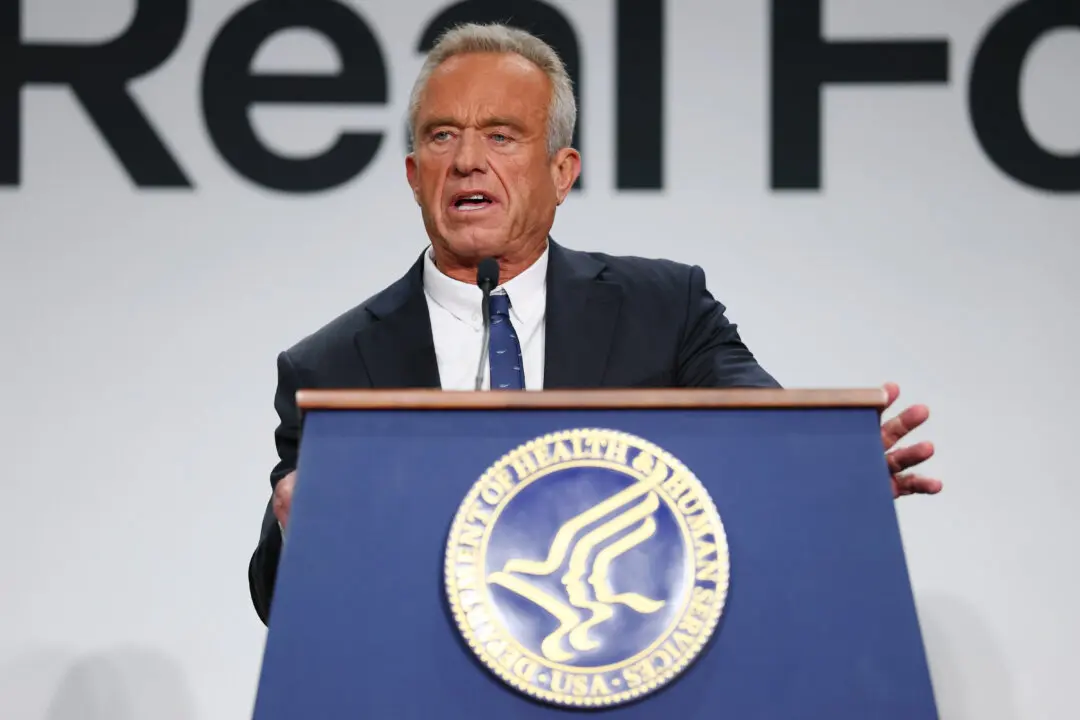A federal judge on April 1 declined the U.S. government’s request to move a legal case brought by an arrested Columbia University protester to the state where he is being held.
U.S. District Judge Michael Farbiarz, who is based in New Jersey, ruled that Mahmoud Khalil’s case will stay in New Jersey because that is where Khalil was detained when his lawyers lodged a habeas corpus petition that urged a federal court to order their client’s release.





